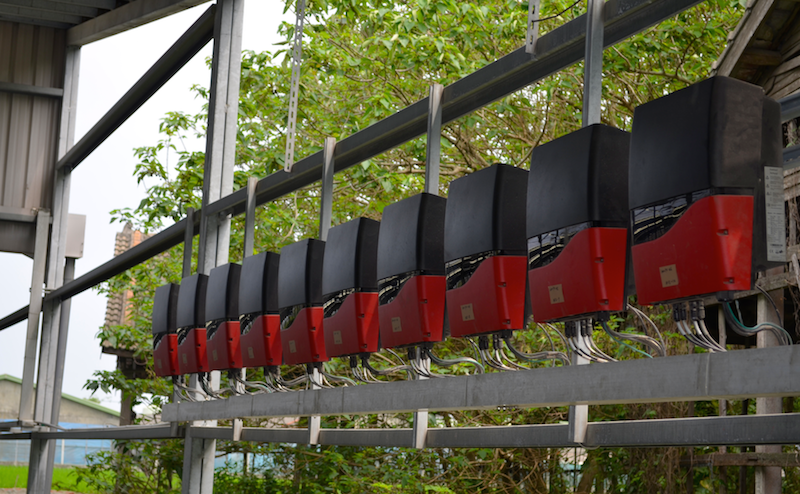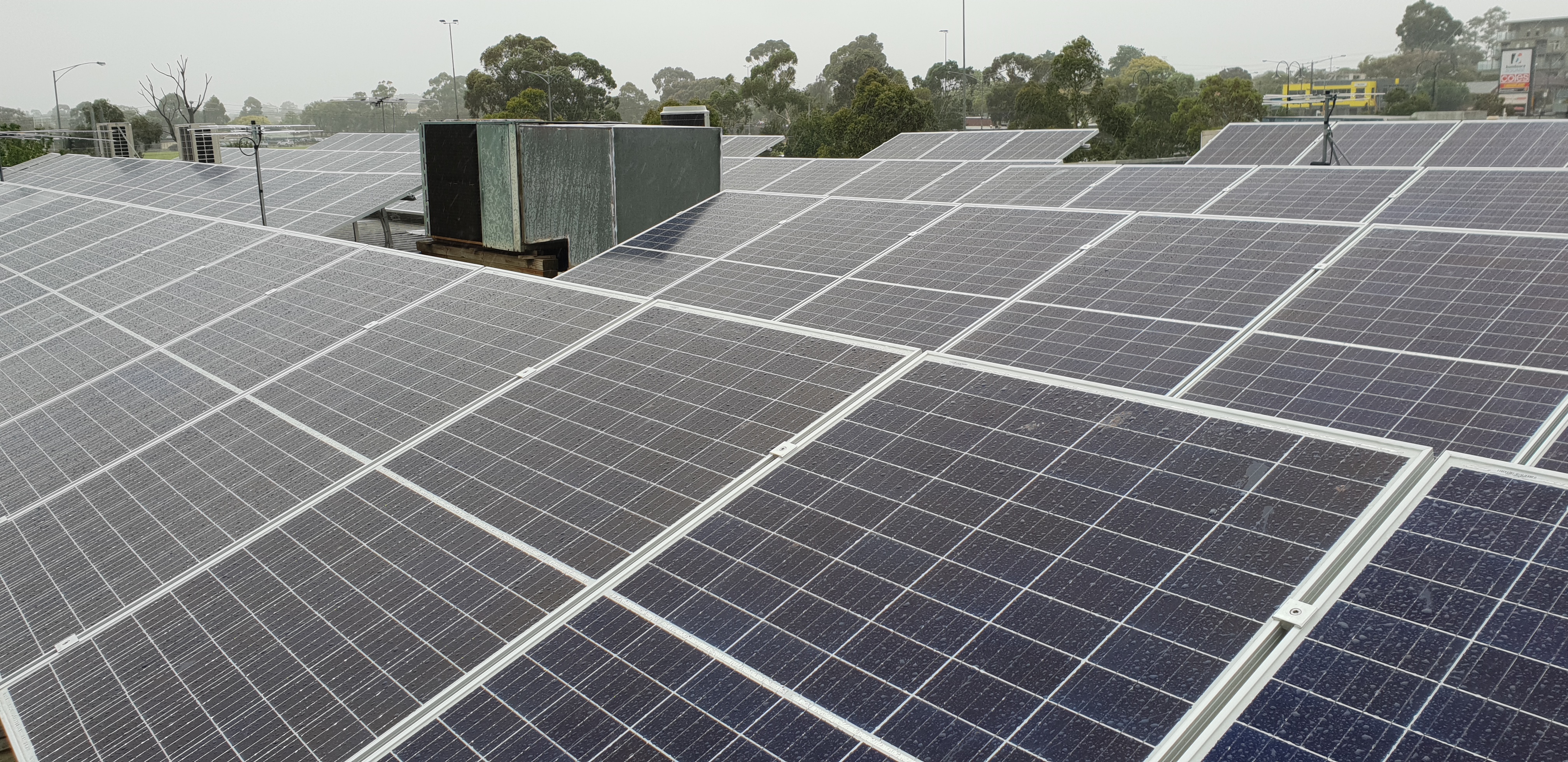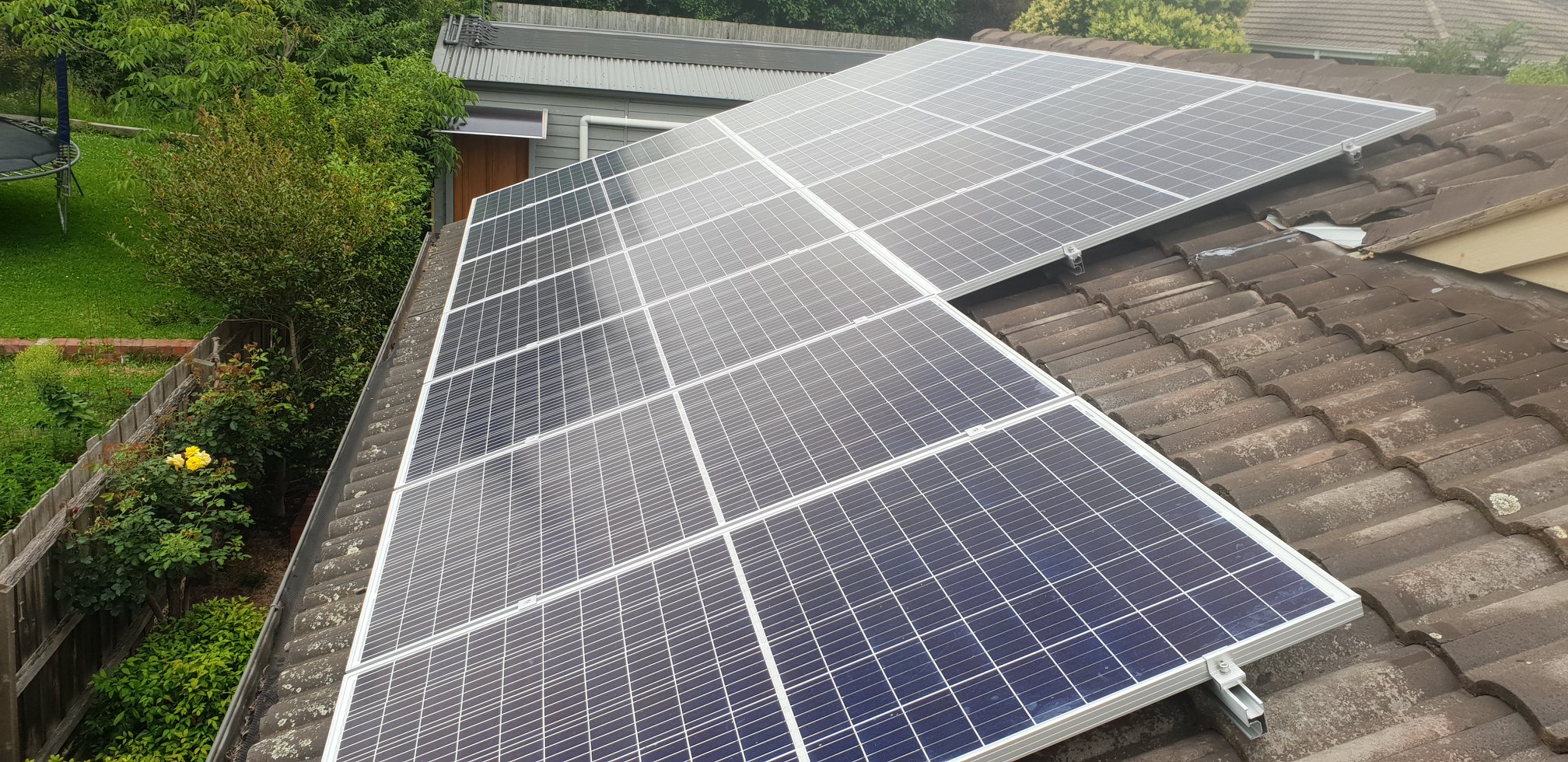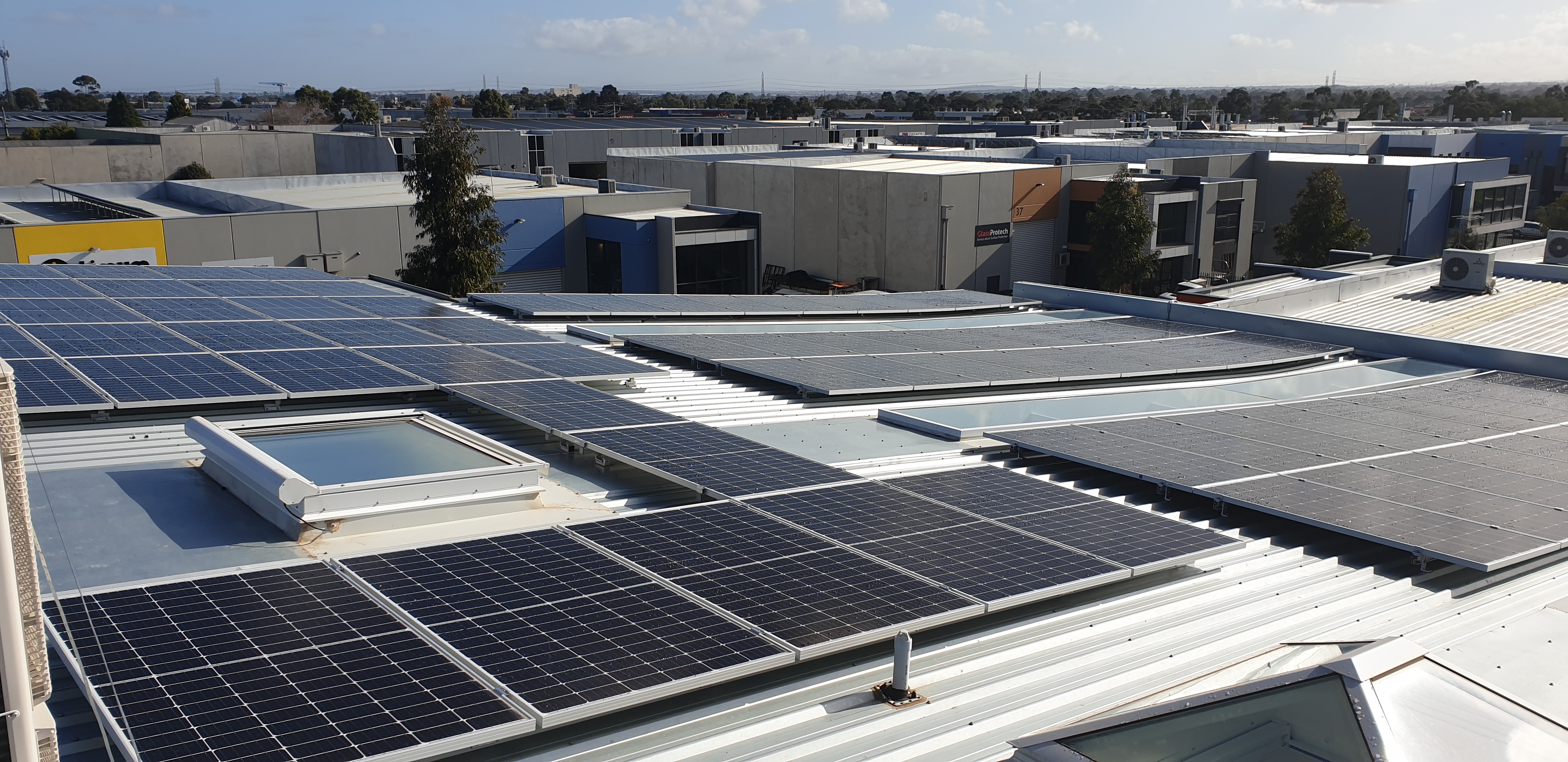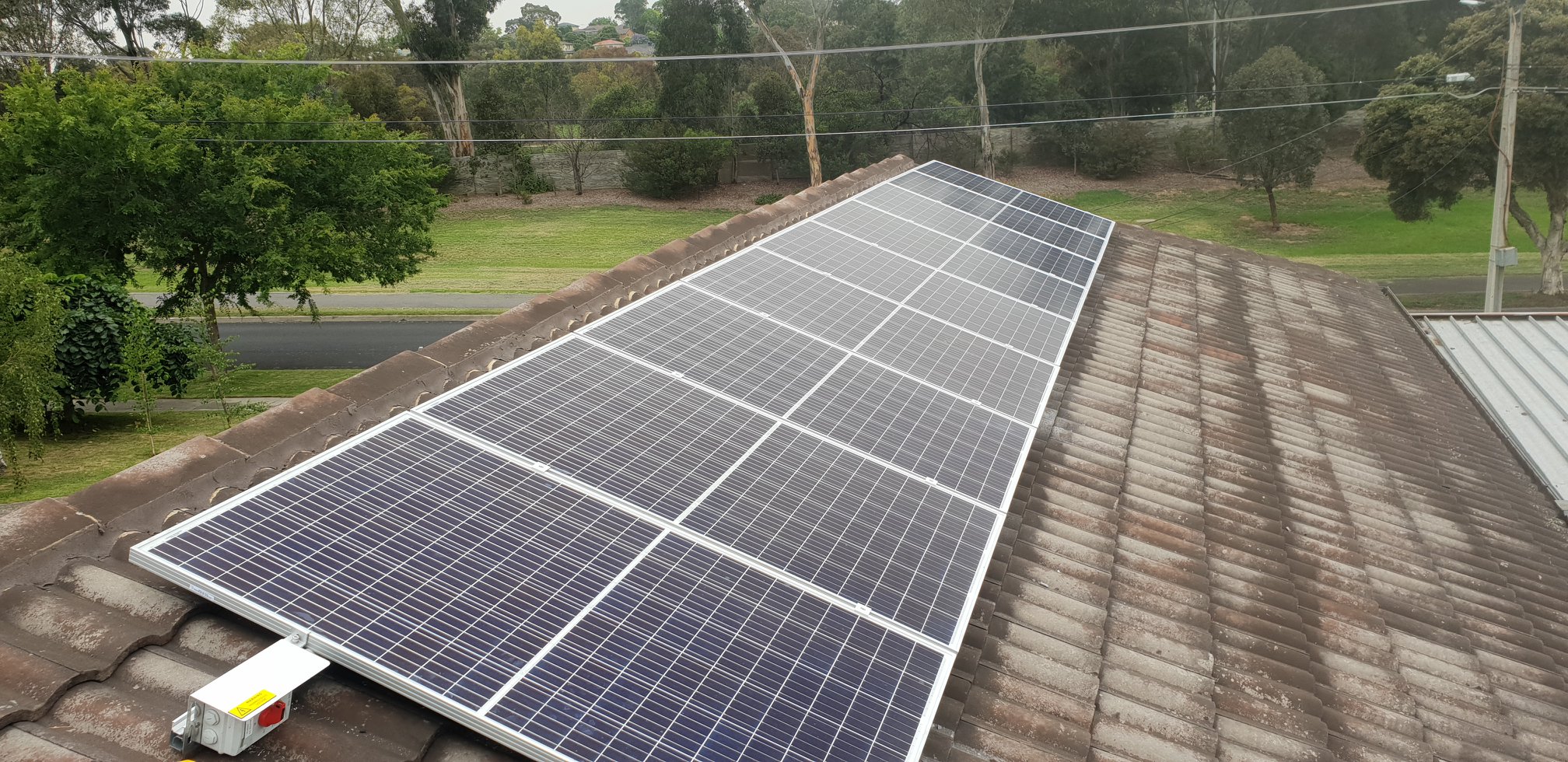Pros and Cons of battery storage
ABOUT
The reductions in grid feed-in tariffs have prompted many consumers to look elsewhere to provide savings on their electricity bills. Battery storage allows the consumer to store their excess energy generated from their solar panels, which can be later used during peak periods. This is one of the many reasons that battery storage technology has become more popular over the recent years.
With the likely expansion of this market over the next few years, here’s what you need to know about battery technology, its advantages and disadvantages:
SAFETY
Lithium batteries come in a variety of chemistries, only the most safe and stable ones are used in residential and commercial installs. However any battery can be harmful if not taken care of. Ways around this include the implementation of a Battery Management System (BMS), which acts as a controller to prevent any safety issues.
Lithium-Ion batteries can go into thermal runaway if mistreated or abused. Thermal runaway is essentially a scenario where the battery catches fire, which in turn causes the battery to get hotter and become even harder to put out. It’s a vicious cycle that will absolutely result in the failure of the battery, but is also extremely dangerous, hence why proper care should be taken of your batteries.
There are 3 ways of causing thermal runaway:
- Impact damage (crushing, penetration)
- External source of heat (operating in extremely hot conditions)
- Overcharging
As long as you don’t subject your batteries to any of these obviously dangerous conditions, there’s basically nothing to worry about.
For lead acid batteries, it should be noted that the electrolyte is made up of sulphuric acid which is corrosive and dangerous to make contact with. Due to this proper care should be taken and the batteries should not be placed in a position where it is possible to leak.
ENVIRONMENTAL
Battery storage allows the consumer to store their excess solar energy for use at a later point in time. This reduces reliance on coal powered generators, meaning that the majority of electricity used would be ‘green’.
Batteries don’t last forever, and proper care should be taken to avoid negative environmental impacts through incorrect disposal. Here in Australia, we have a well-established battery recycling system which is explained in great detail on the Australian Battery Recycling Initiative (ABRI) website.
When batteries are recycled, they are broken down into their individual components to waste as little materials as possible. By doing this, a larger amount of sustainability is present in renewable energy storage systems.
INDEPENDANCE
It is a well known fact that electricity prices are steadily rising, and that will continue to occur for the next decade. Originally, one of the main selling points of solar power was the expected savings on electricity.
This was supplemented by what is known as a grid feed-in tariff, which pays the consumer for feeding their excess solar energy back into the grid. As this tariff is steadily decreasing and will not work synergistically with the existing grid infrastructure, battery storage has increased in popularity and works to help increase electricity savings.
By storing excess energy, consumers do not need to pay a premium for electricity in peak periods and can start to become energy independent.
ECONOMICAL
As previously mentioned, by storing excess solar energy for later use, consumers are able to reduce their reliance on distributed electricity during peak periods.
By becoming more electricity independent, consumers forego the premium on electricity during peak periods and will quickly start saving money on their electricity bills.
Integrating battery storage into an existing rooftop solar system serves as a protective action against the reduction in returns from grid feed-in tariffs, which can allow for the savings from solar power to continue.
A disadvantage of implementing battery storage systems is the initial cost. The price of batteries are decreasing across the board, with many financial experts claiming that there will actually be a clear economic benefit from adopting this technology over the next few years.
To see our range of solar hybrid packages, click here.
To see our range of solar batteries, click here.
For more information, contact us.


